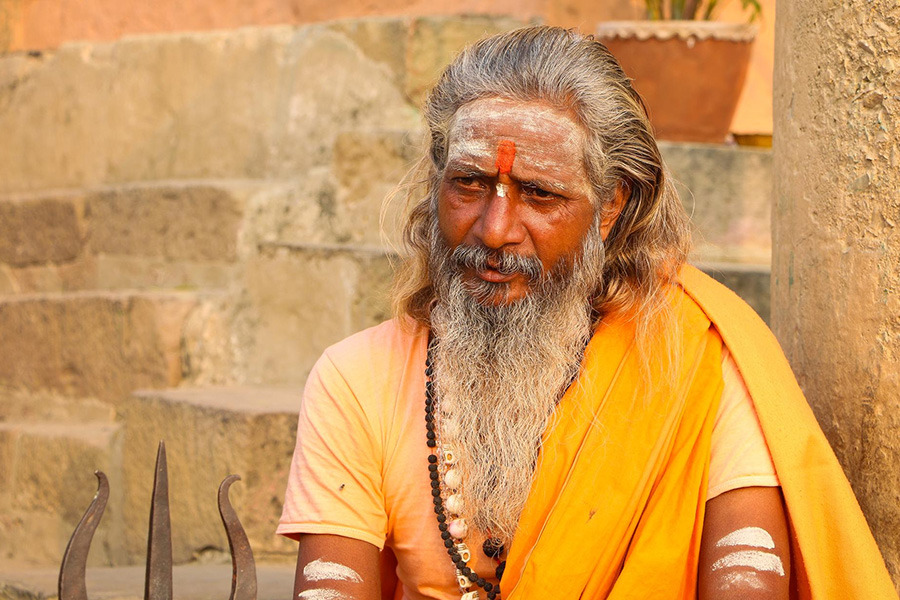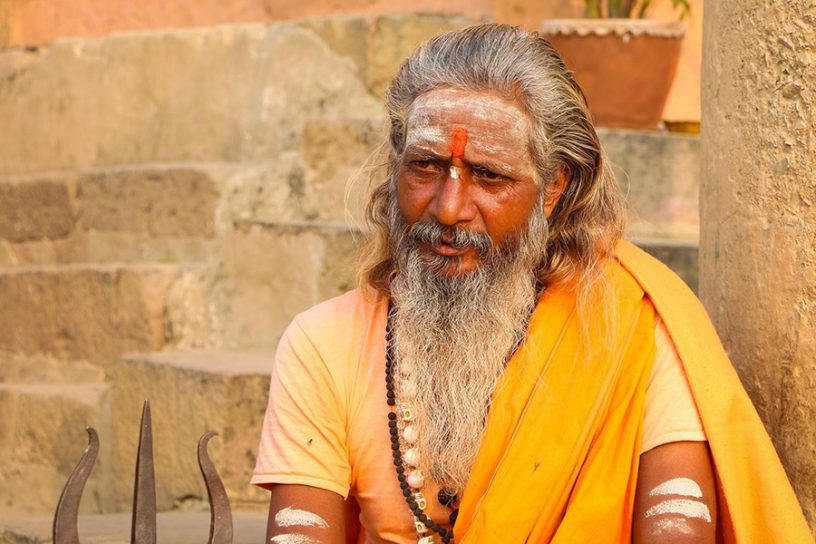
This study, set within the context of Indian religious intergroup relations, examines whether perceived outgroup vitality and status are associated with uncertainty about the ingroup’s future.
Authors
Sucharita Belavadi, Jindal Institute of Behavioral Sciences, O.P. Jindal Global University, Sonipat, Haryana, India.
Michael A. Hogg, Department of Psychology, Claremont Graduate University, California, Claremont, USA.
Summary
Intergroup status relations are in a constant flux, and groups monitor and pay attention to not only their own status as active and distinctive entities to ensure survival but also monitor the status and vitality of rival outgroups that are viewed as a threat to ingroup status.
This study, set within the context of Indian religious intergroup relations, examines whether perceived outgroup vitality and status are associated with uncertainty about the ingroup’s future and whether heightened uncertainty is associated with greater preference for leadership rhetoric that highlights ingroup collective victimhood and suffering. Indian Hindu (N = 163) participants recruited through MTurk completed measures of religious identification, outgroup vitality, and future uncertainty and were randomly assigned to read either a victimhood message or a pro-diversity message by a prospective leader.
Uncertainty about the ingroup’s future mediated the relationship between outgroup vitality and leader support; leader speech moderated the relationship between uncertainty and leader support, such that under high uncertainty a leader who used victimhood speech was preferred. Implications for the ways in which leaders can gain influence by emphasizing subgroup suffering given the context of existential ingroup uncertainty is discussed.
Published in: Journal of Applied Social Psychology.
To read the full article, please click here.


